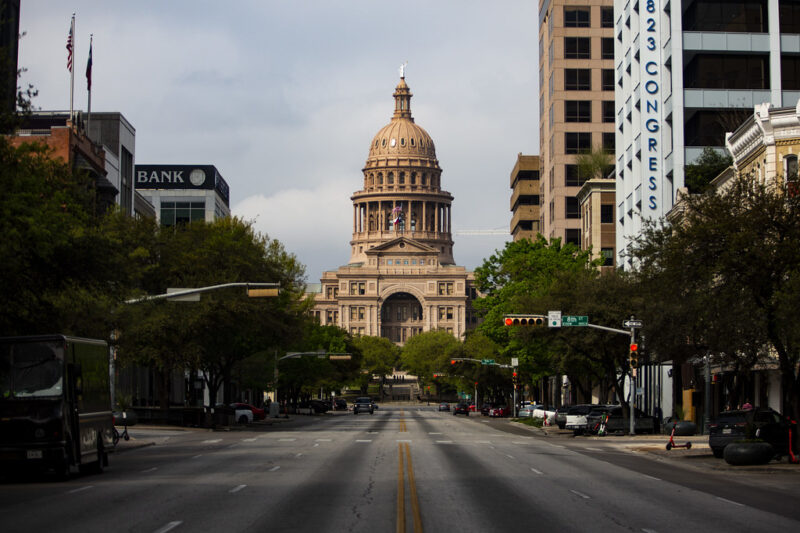
2025 has been a milestone year for private education in Texas. Two major legislative developments, the passage of Texas Senate Bill 2 (SB2) and a new federal school choice tax credit, are poised to make private Christian education more accessible and sustainable for families across the state. Here’s what you need to know and how these programs can directly benefit your family.
Texas Senate Bill 2: Education Savings Accounts
Signed into law on May 3, 2025, Texas Senate Bill 2 establishes a state-funded Education Savings Account (ESA) program for K–12 students attending accredited private schools in Texas. Each ESA can provide approximately $11,000 to $12,000 per student per year, beginning in the 2026-2027 school year. This funding is designed to help cover tuition and other educational expenses.
Families will be able to apply for ESAs as early as January 2026, with a deadline anticipated around March 1. Awards will be distributed through a needs-based lottery system across four designated financial “buckets” until the $1 billion budgeted for the first year is fully allocated.
There are several key advantages for families who receive an ESA. First, once a student is awarded an ESA, they do not need to reapply each year as long as they remain enrolled in an accredited private school, such as Summit Christian Academy. Second, siblings of ESA recipients will receive priority in future application cycles. Third, ESA funds are parent-controlled, with Summit Christian Academy submitting invoices directly for payment through each family’s account.
To remain in compliance, parents must submit their student’s standardized test scores (such as the Iowa Test or another norm-referenced exam provided by the school) and complete an annual parent satisfaction survey about the ESA program.
If a student returns to a public or charter school, the ESA is forfeited, and they would return to the bottom of the waitlist if applying again in the future.
It is crucial that all eligible families apply, even if you’re unsure your student will be selected in the first year. The more families who apply, the more demand is demonstrated to the Texas Comptroller. That demand will determine whether the Legislature increases future ESA funding. In short, a strong waitlist gives the state cause to expand the program in the years ahead.
Federal Tax Credit for Private School Scholarships
On July 4, 2025, Congress passed a revised version of the Educational Choice for Children Act (ECCA) as part of a broader education bill. This new legislation establishes a dollar-for-dollar federal tax credit of up to $1,700 per taxpayer for donations to approved Scholarship Granting Organizations (SGOs).
SGOs are nonprofits that provide private school scholarships to K-12 students. To qualify, an SGO must award scholarships to at least ten students attending more than one school. Donations may not be earmarked for specific students, but can be directed to benefit low to middle income families, defined as those making no more than 300% of the Area Median Gross Income, which is currently $372,000 for Cedar Park, TX.
This federal tax credit takes effect beginning with 2027 calendar year donations, giving families and donors time to plan ahead. In the meantime, Summit will keep families updated with a list of approved SGOs as it becomes available. One helpful resource to begin learning about SGOs is the Children’s Scholarship Fund, which offers additional information for donors and recipients.
What Comes Next?
Both the ESA program and the federal tax credit represent significant steps forward in making private Christian education more financially accessible. Summit Christian Academy encourages every eligible family to apply for the ESA as soon as the application window opens. Even if your family is not selected in the first year, your participation helps build the case for program expansion.
We will continue to share updates and resources as more information becomes available. Be sure to stay connected with us through our website (update page coming soon), newsletter, and front office communications.
It’s important to remember that in order to receive ESA funds, your student must be enrolled in an accredited private school—like Summit—at the time the program begins. If you’re currently enrolled at Summit, stay the course. If you know families who are considering private education, now is the time to encourage them to apply and get their enrollment in place.
With limited ESA funding and growing interest across the state, securing a seat at a school like Summit is more important than ever. Don’t wait to act. Your child’s opportunity may depend on it.